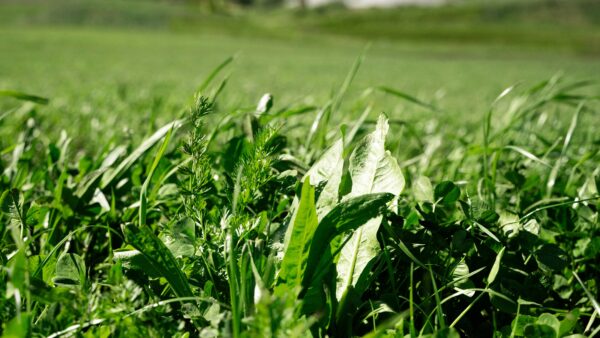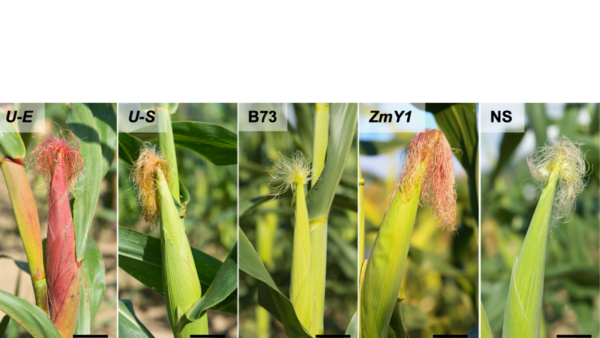How I wish that ‘Brexit’ was a morning cereal that you would take when you’re constipated. Alas, this is not the case. June 23, 2016! That was the day when the UK held a referendum and decided, by a very narrow margin, to leave the EU. With a national turnout of 72% it was the highest ever for a UK-wide referendum and the highest for any national vote since the 1992 general election. And what a narrow margin it was: 51.89%, or 17,410,742 people, voted to leave the European Union, whereas 48.11% or 16,141,241 people voted to remain a member of the European Union. And since that dreaded day, we’ve been hearing and reading a lot about the first EU member state to leave the EU. One could easily argue that for such an important issue, this should never have been left to a popular referendum. It kind of feels like the UK got drunk and accidentally unfriended Europe on Facebook. And what a rollercoaster ride it has been: Hard deal, soft deal, no deal, back stop or no backstop, delay or no delay and the list goes on.

What was striking is that from the day after the referendum, polls continue to indicate that more and more UK people regret having voted Leave. Although different polls vary in their outcome, none of the various options has a clear higher than 50% majority. But what is clear is that among the various options, a second referendum has the largest percentage (37%), which is about 10% higher than a ‘no-deal’, and with a ‘soft-Brexit’ and ‘May’s deal’ trailing far behind. What also plays a part in this is how UK voters think their country will be perceived if they remain in the EU. When asked whether it would be “humiliating if the UK ended up staying in the EU” 50% said yes and 39% said no.
Impact on Ag and Seed
The impact of Brexit on agriculture and the seed sector will be manifold. In this issue we investigate if and how the seed sector and adjacent providers, such as the crop protection industry, have prepared themselves for Brexit. For starters, the seed sector can no longer rely on just Community intellectual protection to protect their assets. They will need to protect their varieties in the UK separately if they wish to keep infringers at bay. For some, this will be just another business decision, for many others, the extra effort and costs will provide an additional and unnecessary burden and will lead to a much lower number of varieties being registered and protected in the UK. And through that very hurdle, it will deprive UK farmers of the best germplasm they could get, and UK consumers of much needed innovative products in their grocery aisles. Other challenges include variety listing and maintenance, DUS reports, enforcement of IP rights, phytosanitary barriers and overall trade.
But not everyone is prepared, and there are several reasons why companies are not prepared for Brexit. A first one is that they don’t think it is necessary. Companies that are not dependent on the UK, don’t feel the need to prepare themselves. Secondly, another way of dealing with Brexit is the ‘wait and see’ approach. Certain companies are convinced that they will (be able to) tackle the Brexit issues when they arrive. And last but not least, is the insecurity. Many companies feel they don’t know what is going to happen, and how to prepare themselves.
Cost to economy
Analyses show that the UK economy is now 2% smaller than it would have been if the country had chosen to remain in the EU, according to the Bank of England. The economic output lost since the referendum is worth about €930 million per week. The UK was the fastest growing G7 economy when the UK voted on the Brexit referendum in 2016. Since then, the country fell toward the bottom of the G7 ranking. Economic growth has slumped from an annual pace of around 2% to less than 1% now. Investment by UK companies stalled after the referendum and then plunged 3.7% in 2018. Meanwhile, the rest of the G7 has seen business investment grow around 6% a year since the vote. Business confidence in Britain has slumped to the lowest level in almost a decade with hundreds of banks and other companies leaving or already having left the UK and many more to follow.
In earlier issues of European Seed,we talked about the negative impact of Brexit on agriculture, the seed sector, the environment and much more. And as I am writing this column, a petition to “Revoke Article 50 and remain in the EU” has already been signed well over 6 million times, which is by far the highest in UK petition history! Now that the UK has been given a delay of six months, and taking into account the myriad of detrimental impacts, I would say it’s time for a long deep breath, swallow some pride and consider a EU-turn!
Here are some of my previous editorials about Brexit:
https://european-seed.com/2016/06/hard-to-see-how-brexit-will-benefit-agriculture/
https://european-seed.com/2016/06/lets-hope-common-sense-prevails-brexit-vote/












